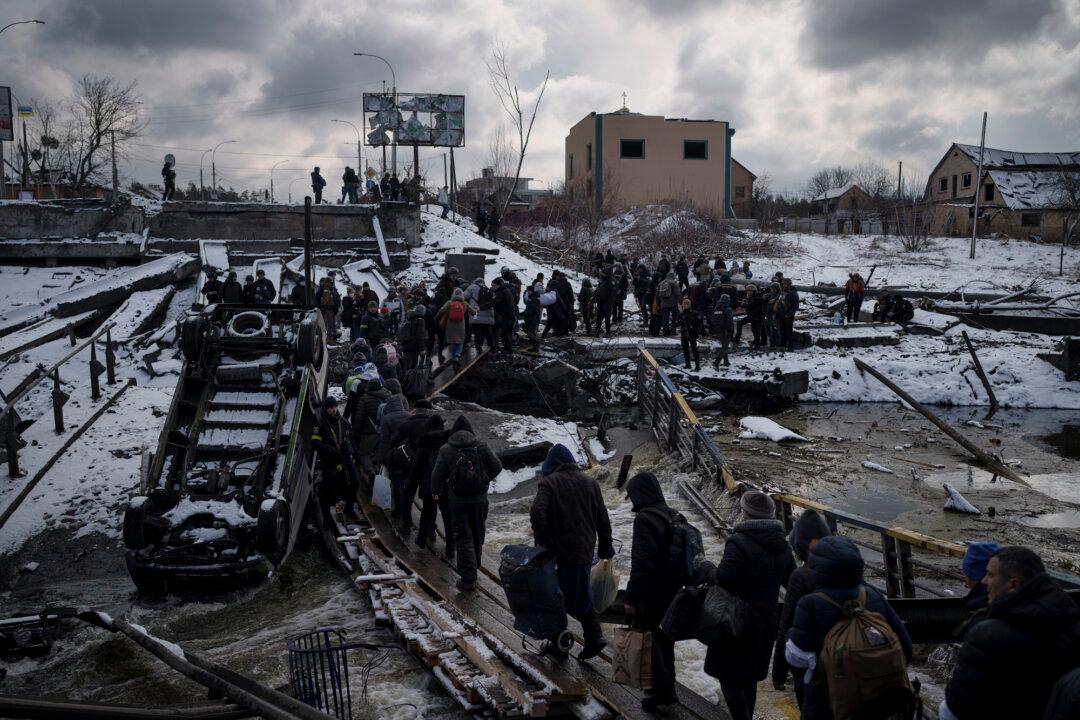News Analysis
America and Europe are falling for it again—asking China for help to stop the Russian invasion, and humiliating themselves with their own foolishness in the process.

America and Europe are falling for it again—asking China for help to stop the Russian invasion, and humiliating themselves with their own foolishness in the process.